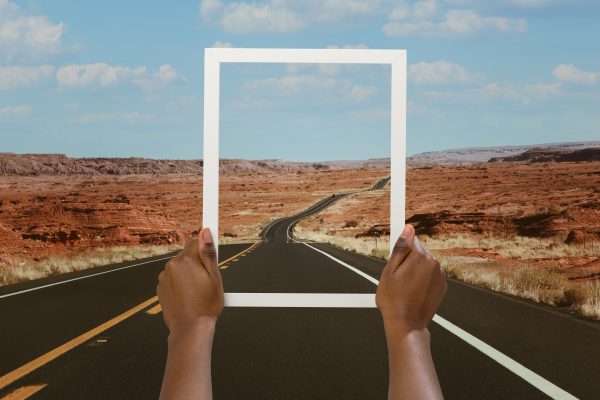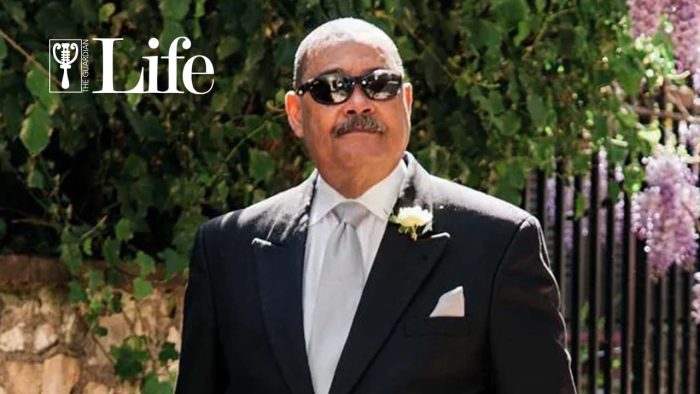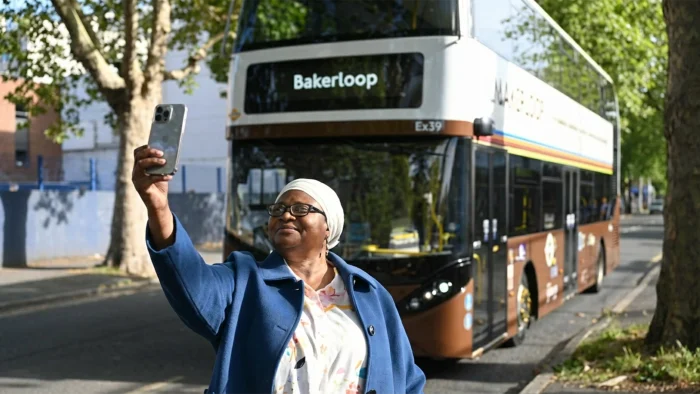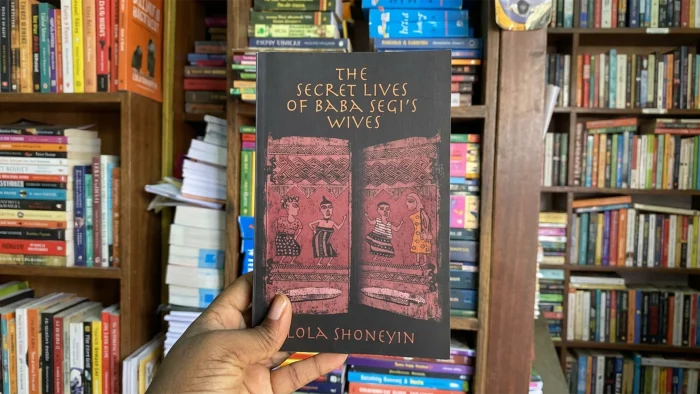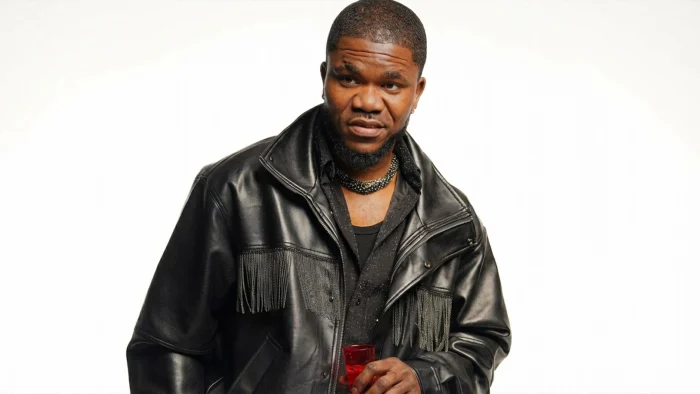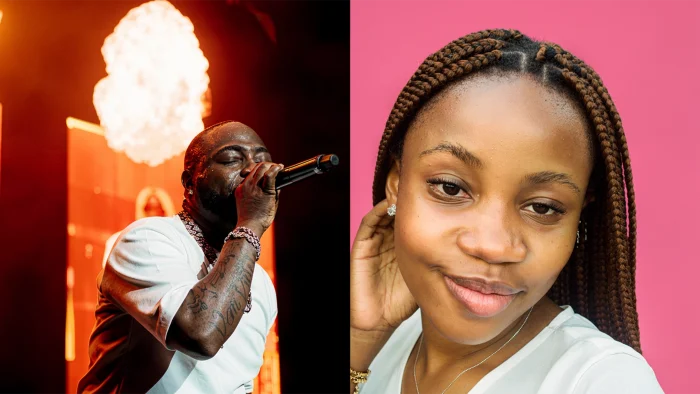- Luxury Retailer Qbeescloset, Founded by Bola Coker, Hosts Intimate Dinner to Celebrate Lagos Store Launch
- Kennyblaq holds Onikan stadium crowd spellbound at Reckless Musicomedy Festival
- Detty December Fest 2025 ends with star-studded performances in Lagos
- Business leaders gather in Lagos for Q5 Party end-of-year experience

We spoke about the Lights Camera Africa Festival and these are the movies that would be showing this year and the synopses. You can watch the teasers and know what to expect.
The Art of Ama Ata Aidoo
https://youtu.be/YZatfSKTKJY
The Art of Ama Ata Aidoo explores the artistic contribution of one of Africa’s foremost woman writers, a trailblazer for an entire generation of exciting new talent. The film charts Ama Ata Aidoo’s creative journey in a life that spans 7 decades from colonial Ghana through the tumultuous era of independence to a more sober present day Africa where nurturing women’s creative talent remains as hard as ever. Over the course of a year the film follows Aidoo as she returns home to her ancestral village in the Central Region of Ghana, launches her latest collection of short stories in Accra, and travels to the University of California, Santa Barbara to attend the premier of her seminal play about the slave trade, Anowa. The Art of Ama Ata Aidoo celebrates an acclaimed Pan-African feminist, poet, playwright and novelist and provides a fascinating insight into her life. The film is an important resource for students, teachers of African literature, as well as lovers of African women’s writing everywhere. By celebrating one woman’s contribution to Africa’s Renaissance The Art of Ama Ata Aidoo will inspire others to be equally courageous.With contributions from Carole Boyce Davies, Nana Wilson- Tagoe and Vincent Odamtten, The Art of Ama Ata Aidoo gives a fascinating insight into the life of a feminist poet and novelist and brings Aidoo’s writing to new audiences. Dir.Yaba Badoe, Ghana/U.K, 2014, 78min.
Beasts of the Southern Wild
https://www.youtube.com/watch?v=ZF7i2n5NXLo&authuser=0
Six-year-old Hushpuppy lives with her father, Wink, in a remote Delta community. Wink is a stern taskmaster, but he is preparing his young daughter for the end of the world. When Wink falls mysteriously ill, nature seems to fall ill with him. Temperatures rise, the ice caps melt and fearsome prehistoric beasts called aurochs run loose. Rising waters threaten to engulf their community, sending Hushpuppy in search of her long-lost mother.
Dir. Benhi Zeitlin, USA, 2012, 93min.
Black Africa White Marble: The president of Congo-Brazzaville plans to transfer the remains of 19th century pacifist explorer Pietro Savorgnan di Brazza, founder of Brazzaville, from his grave in Algiers to a multimillion dollar marble mausoleum in Congo’s impoverished capital. But Brazza’s Italian descendant discovers the truth behind this extravagant project. Violence, corruption and skull-duggery lie at the heart of this affair as Idanna Pucci battles to defend the ideals of her ancestor and save King Makoko, the great African spiritual leader and a living descendant of Makoko Iloo I, Brazza’s ‘blood brother’. BLACK AFRICA, WHITE MARBLE sheds a harsh light on Central Africa’s colonial past and its troubled present in all of their fascinating complexities.
Dir. Clemente Bicocchi, Republic of Congo/Italy, 2012, 86min
Boat Girls: In the aftermath of a one night stand Kirsty, now a visitor in her hometown is forced to turn to Jessica in order to get back to her luxury hotel. As they drive the two women reveal the different paths their lives have taken since their life-long tryst was broken.
Dir. Roger Young, South Africa, 2015, 20 min.
The Curse of Medea: ‘On the 27th of January 2010 I visited Christa Wolf in Pankow and we discussed a film I wanted to make called THE CURSE OF MEDEA based on her novel MEDEA-STIMMEN. Over tea and under the constant sound of aircraft landing in Berlin we discussed Medea the immigrant, treated with suspicion in her host country Korinth and how Christa came to tell the story. We were joined by the voices: Medea, Jason, Agameda, Glaucke and the spirit of the end of the GDR era’ – Branwen Okpako
Dir. Branwen Okpako, Germany, 2015, 43 min.
E18hteam (Eighteam)
This is the universal story of the underdog, forever underestimated, but never discouraged to achieve the very best when challenged. Akin to folklore of old, this is a recounting of the age-old message urging us to continue to fight in order to reach the heights of success. This is an epic, sanctioned by divine decree, that ensured nothing would stand in the way of pure intentions, hard work, determination and ultimately, destiny. This is the emotional and now legendary football journey of an African nation, spanning decades. It is the path taken by a country bound together by a tragedy that shook the nation, which then spurred them on to honour their fallen heroes by playing the beautiful game at the highest level. This is the recounting of Zambia’s rich football history, derailed by the tragic plane crash off the coast of Gabon in 1993, only to be triumphant in the same country at the momentous AFCON 2012 tournament. This is the opportunity to record, preserve and share this amazing story with the world. This is the documentary film telling the story of the unrelenting and victorious Chipolopolo: The Copper Bullets also known as the Zambian National Football Team.
Dir. Juan Rodriguez-Briso, Spain/Zambia, 2015, 70min.
Faaji Agba
FAAJI AGBA is a six-year journey by film-maker Remi Vaughan-Richards following seven, 68-85yr old master musicians in Lagos, Nigeria. They were forgotten by society, until Kunle Tejuoso, owner of Jazzhole Records, follows a trail to rediscover them. Kunle’s journey starts with Fatai Rolling Dollar which led him to others such as Alaba Pedro, SF Olowookere, Sina Ayinde Bakare. Their musical styles range from highlife, juju-juju to afrobeat. And the ‘FAAJI AGBA COLLECTIVE’ is born. The documentary starts in 2009 and follows them on their journey to New York in 2011 where tragedy strikes. Undeterred by the setback they perform one last time in Lagos, it ends up being their last. Faaji Agba is a comment on Lagos history, culture and music from the 1940’s to 2014.
Dir. Remi Vaughan-Richards, Nigeria, 2015, 90min.
Finding Fela
Filmmaker Alex Gibney uses period interviews and performances plus highlights of the Broadway production of “Fela!” to tell the story of Afrobeat music pioneer Fela Kuti. The film ‘Finding Fela’ tells the story of Fela Anikulapo Kuti’s life, his music, his social and political importance. He created a new musical movement, Afrobeat, using that forum to express his revolutionary political opinions against the dictatorial Nigerian government of the 1970s and 1980s. His influence helped bring a change towards democracy in Nigeria and promoted Pan Africanist politics to the world. The power and potency of Fela’s message is completely current today and is expressed in the political movements of oppressed people, embracing Fela’s music and message in their struggle for freedom. Finding Fela was directed by the Academy Award winning director, Alex Gibney.
Dir. Alex Gibney, United States, 2014, 120min
Gone Too Far
When British teenager Yemi meets his long lost Nigerian brother Ikudaisy, he quickly finds his estranged sibling’s African heritage and unimpressive socks and sandals fashion sense a blight on his own street cred, particularly when trying to impress local trouble-making temptress Armani. As simmering adolescent passions and West Indian-African tensions erupt over the course of one day on their estate, both Yemi and Ikudaisy must decide where their loyalties lie. Adapted from Bola Agbaje’s Olivier award-winning play, the film is a delightfully funny tale from the ‘endz’ of Peckham that still finds the space to address serious racial tensions.
Dir. Destiny Ekaragha, UK, 2013, 88min
Horn Free Day: The first comedic work from Stanlee Ohikhuare, Horn Free Day is a short film inspired by the Lagos ‘Horn Free’ day. It was conceptualised, shot and edited within 18 hours to mark the very first ever Lagos State ‘Horn Free’ Day that took place on the 15th of October 2014.
Dir. Stanlee Ohikhuare, Nigeria, 2014, 7min
Head Gone: Due to a road mishap, a bus driver loses a group of psychiatric patients on the way to a federal hospital. To cover up the mistake, he and a nurse pick up unsuspecting commuters to substitute the patients and the plot thickens as the new passengers must try to prove their sanity in a psychiatric institution, while the escapees try to adjust to a new environment. This allegorical comedy of errors features some of Nigeria’s biggest names.
Dir. Dare Fasasi, Nigeria, 2015, 100min.
Henna: A 13 year old Reina dreams in a village where young girls are married out at a young age. She is terrified as she is asked to drop out of school and get married but after the death of her father’s last wife and close friend, 15 year old Amina from RVF, Reina does not just stop at being terrified but seeks to turn her dream for a better life and proper education into a reality. She is a girl, but her voice must be heard.
Dir. Ishaya Bako, Nigeria, 2015, 22min
To be continued………….




